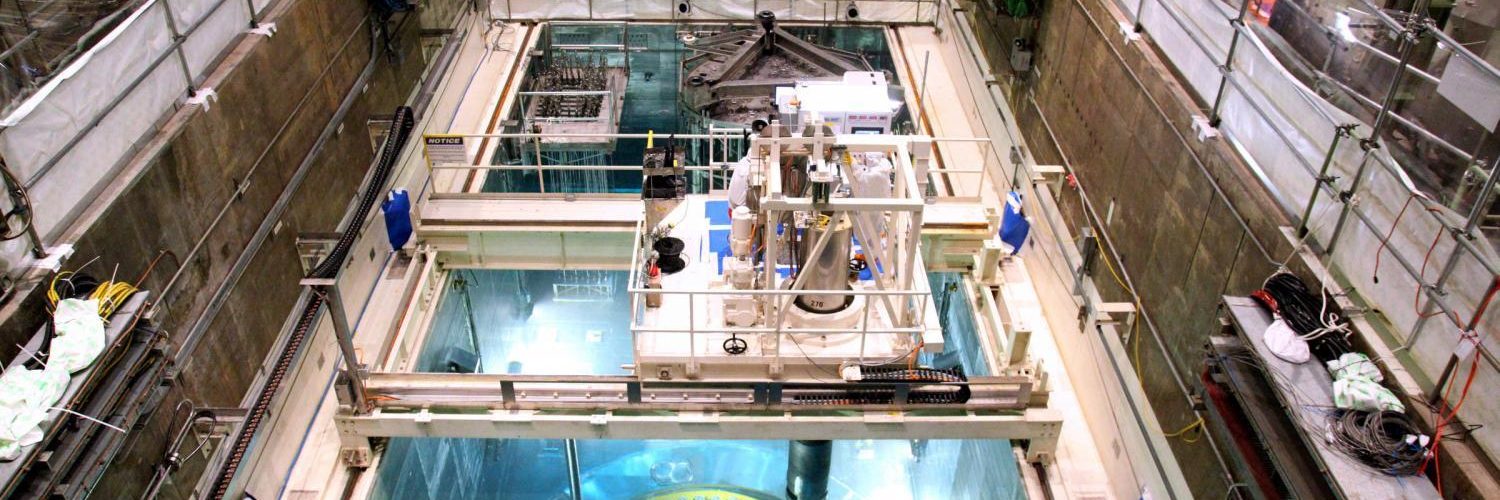Battling billionaires, robocall warnings, citizens marching down to their state houses to argue over competing measures.
This is the battle brewing over renewable energy in America. Currently, several of these measures are passing or failing nationwide to regulate how much solar, wind, and water power electric companies must provide in the future.
The debate is swirling here in Arizona with an initiative that would require electric companies to provide 50 percent of their retail sales in electricity from renewable energy by 2030.
There’s a lot at stake. Arizona is the largest net generator of electricity and has the biggest nuclear power plant in the country, Palo Verde Nuclear Generating Station, operated by Arizona Public Service (APS).
“This is like implementing economic policy with a cannon,” Tempe economist Jim Rounds said about the 50 percent threshold. “It’s not about being for or against the environment. It’s about balance and the fact that this stuff needs to be analyzed very carefully before it’s put into place.”
The initiative, Clean Energy for a Healthy Arizona, calls for creating a constitutional amendment to force the threshold. It will be on the November ballot if 226,000 valid signatures are collected by July 5.
Businesses, utilities and others believe it could hurt Arizonans’ pocketbooks. Kevin McCarthy of the Arizona Tax Research Association said the impact in lost jobs and tax revenue could be “staggering.”

Here are the top reasons why he and others oppose it:
State and local tax revenues would dip
If passed, state and local governments would lose $5.8 billion over the next four decades, says a study by the Seidman Research Institute at Arizona State University’s W.P. Carey School of Business that was commissioned by APS. It shows property taxes would fall by $859 million, hurting school districts to the tune of $435 million. Thousands of jobs would be lost.
Nuclear is clean energy but not counted as clean in the initiative
Nuclear is 100 percent clean fuel because it is an emission free source of electricity, said Matthew Benson, spokesman for Arizonans for Affordable Electricity, a political action committee established to oppose the initiative.
A constitutional amendment crushes flexibility
Currently, Arizona has one of the most stable and reliable energy systems in the country that attracts and protects business, Rounds said. An amendment would hamper the ability to make changes based on changing technology and other factors, said APS spokeswoman Jenna Rowell.
Arizona is a leader in renewable energy
Arizona’s largest utilities are surpassing existing state requirements that require 8 percent currently and 15 percent by 2025. APS produces 14 percent of its energy from renewable sources. Tucson Electric Power is at 13 percent. Arizona also is among the top states in the country using renewable solar electricity, reports the U.S. Energy Information Administration.
Consumers and businesses would pay higher electric bills
Someone will have to pay for new infrastructure and technology if the measure passes. APS estimates utility bills would double.
Palo Verde could shut down
Because the initiative does not consider nuclear a clean energy source, Palo Verde would be forced to close by 2025, Benson said.
Outside forces are involved
Activists from outside Arizona are pushing broad agendas for energy without considering the state’s unique energy environment and needs. Arizona is best served having its own citizens and policymakers craft plans based on the state’s needs, not outside interests, Rounds said.
















Add comment